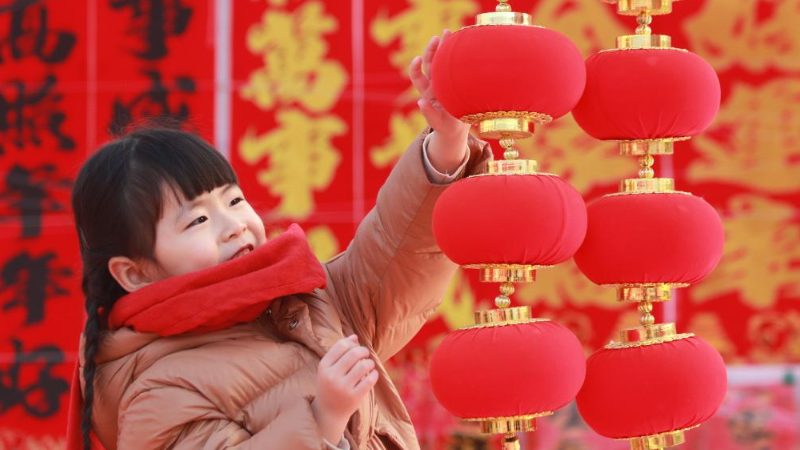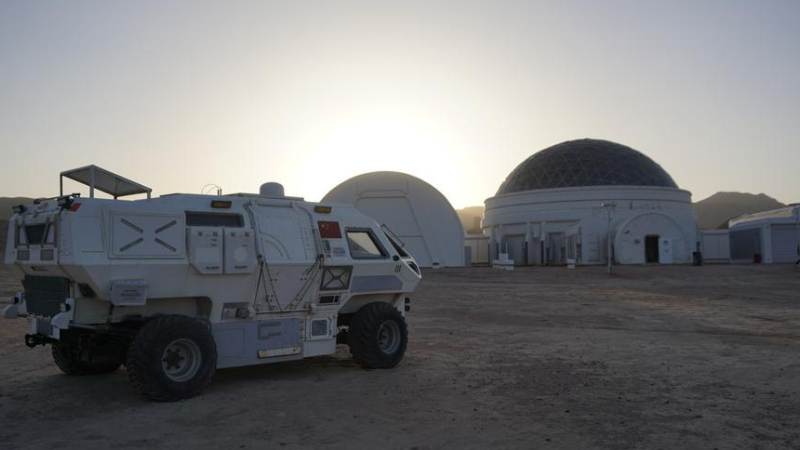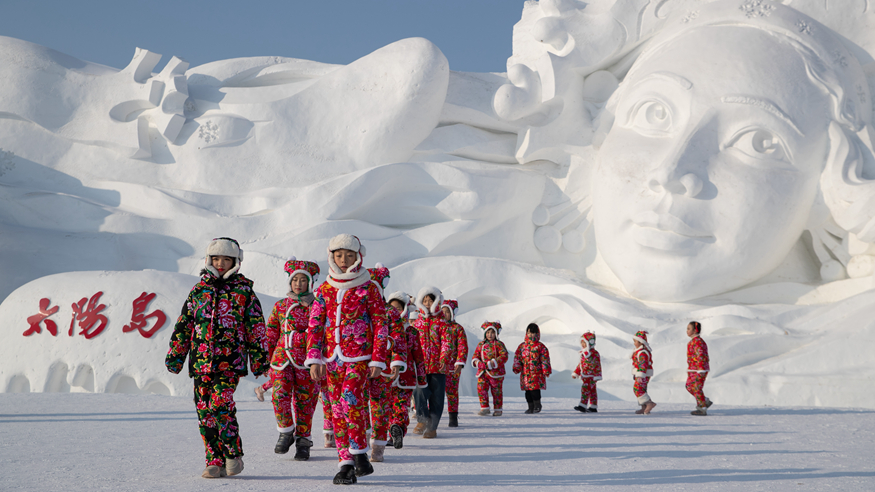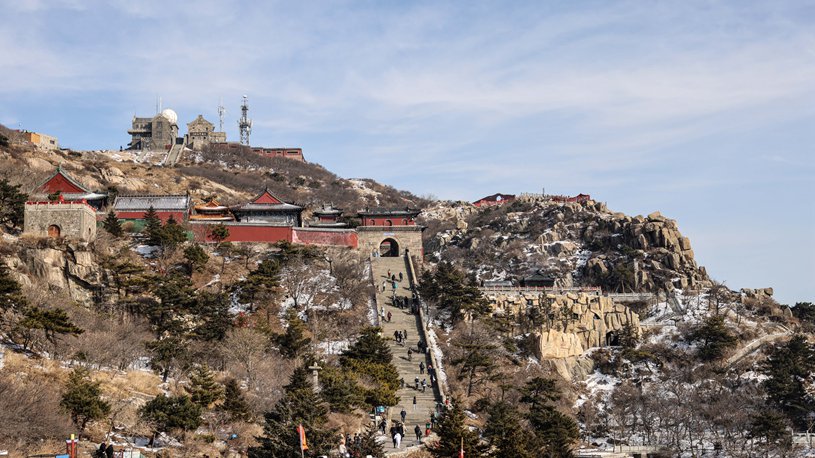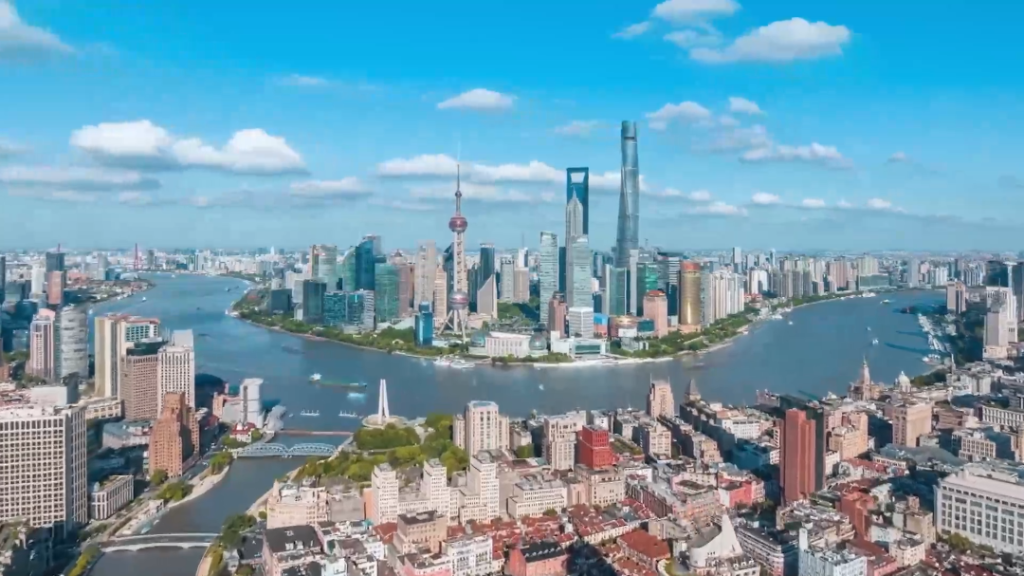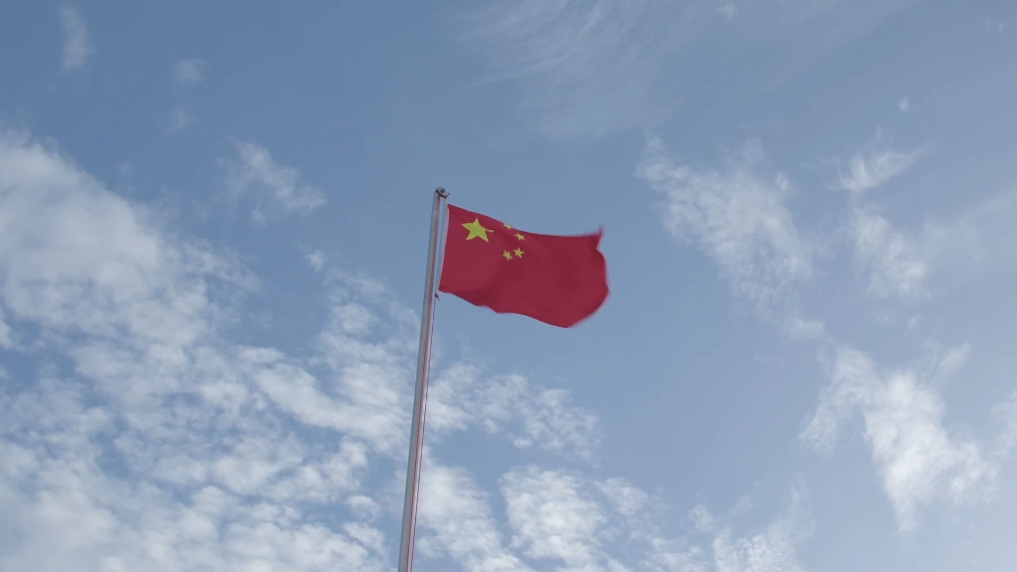The meter gauge railway built by British colonialists in East Africa in 1896-1901, emblematic of Western civilization's expansive reach, piped white settlers to the African continent in pursuit of adventure and colonial conquest and witnessed Kenya's awakening process and struggle for independence.
NAIROBI, Jan. 30 (Xinhua) -- "It is not uncommon for a country to create a railway, but it is uncommon for a railway to create a country," Sir Charles Eliot, then commissioner of British East Africa, made the bold statement in 1903.
Eliot, "who initiated the policy of white supremacy in the British East Africa Protectorate (now Kenya)," according to the Encyclopaedia Britannica website, was referring to the meter gauge railway built by British colonialists in East Africa between 1896 and 1901.
The railway, emblematic of Western civilization's expansive reach, piped white settlers to the African continent in pursuit of adventure and colonial conquest and witnessed Kenya's awakening process and struggle for independence.
"There are those who praised it (the railway) as a key component in Kenya's birth, or we called the birth of a nation, and those who are more of saying that it played a role in colonizing Kenya," Dennis Munene, executive director of the China-Africa Center, told Xinhua in a recent interview.
"We're celebrating now our independence 60 years. And we will always continue to look behind on what happened. We are going to heal from the wounds and now push for Kenya to attain more development," Munene said.
At the entrance of the Nairobi Railway Museum, the century-old railway, initially named the Uganda Railway after its destination, was displayed on a map of East Africa.
Built between 1896 and 1901, it started in the port city of Mombasa on the coast of the Indian Ocean and extended northwest to stop at Port Florence, now Kisumu, on the shores of Lake Victoria.
To understand the birth of the railway, it's necessary to mention the Berlin Conference of 1884-1885. During the conference, Britain and other Western powers discussed rules for colonizing and partitioning Africa, such as "effective occupation."
Ironically, not a single African representative attended this decisive conference about Africa's fate. A week before it closed, the Lagos Observer commented, "the world had, perhaps, never witnessed a robbery on so large a scale."
"Following the close of the conference, European powers expanded their claims in Africa such that by 1900, European states had claimed nearly 90 percent of African territory," wrote the Encyclopedia of Africa.
Russian revolutionary leader Vladimir Lenin pointed out in his 1917 book Imperialism, the Highest Stage of Capitalism that "when nine-tenths of Africa had been seized (by 1900) when the whole world had been divided up, there was inevitably ushered in the era of monopoly possession of colonies and, consequently, of particularly intense struggle for the division and the redivision of the world."
To tighten control over the "British East Africa," the British government laid a railway to control the entire Nile River basin originating from Lake Victoria.
However, the project earned much resentment in the British parliament and media as its estimated cost of 5 million pounds was deemed exorbitant. British politician Henry Labouchere even wrote a poem mocking the railway as a "lunatic line."
Yet, in the eyes of the colonizers, it was all worth it. The construction of the railway was not only a step in the partition of Africa but also a part of building the imperialistic colonial system.
"Whatever power dominates Uganda masters the Nile, the master of the Nile rules Egypt, the ruler of Egypt holds the Suez Canal," wrote Charles Miller in his 1971 book The Lunatic Express: An Entertainment in Imperialism, from which the railway derived its well-known nickname.■

